Opinion | Why Trump’s Chaos Requires New Guardrails on Biden
Alarming reports about Trump’s White House maneuvering should spur robust new checks on the presidency.
September 15, 2021 | Richard Gephardt, Gary Hart, Joel McCleary and Mark Medish | POLITICO
The upheaval of the past year was like a giant stress test of our constitutional system — and it revealed serious risks from an unbridled commander-in-chief who may be tempted to assert emergency presidential powers in a domestic crisis.
Throughout 2020, former President Donald Trump and some of his cabinet members considered the idea of declaring martial law, using extraordinary police powers and suspending civil liberties under cover of emergency powers. According to reporting by Bob Woodward and Robert Costa, as a raging Trump refused to accept his election defeat, then-CIA Director Gina Haspel remarked to Joint Chiefs Chair Gen. Mark Milley that “we are on the way to a right-wing coup.” Haspel was not speaking about a takeover in some faraway failing state, but about the U.S.
The country survived that perilous stretch, but we may not be so lucky next time without new guardrails on the presidency. Fortunately, senior lawmakers are now sponsoring legislation to reaffirm the checks and balances that are vital to our constitutional order. …


